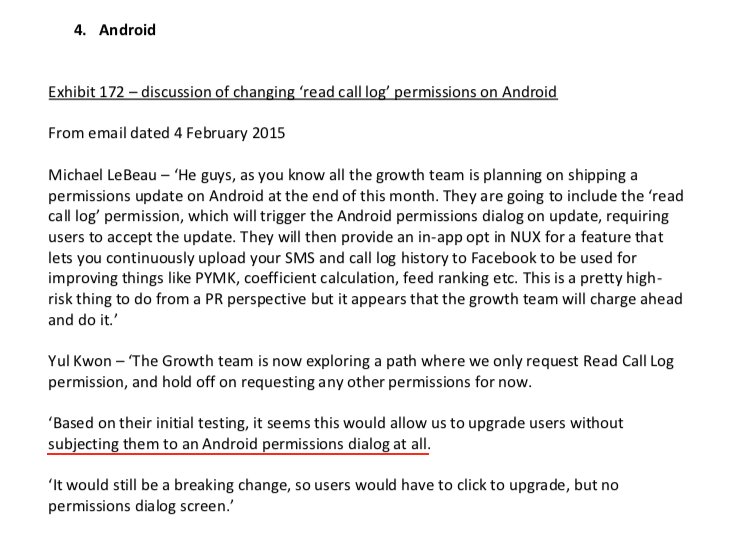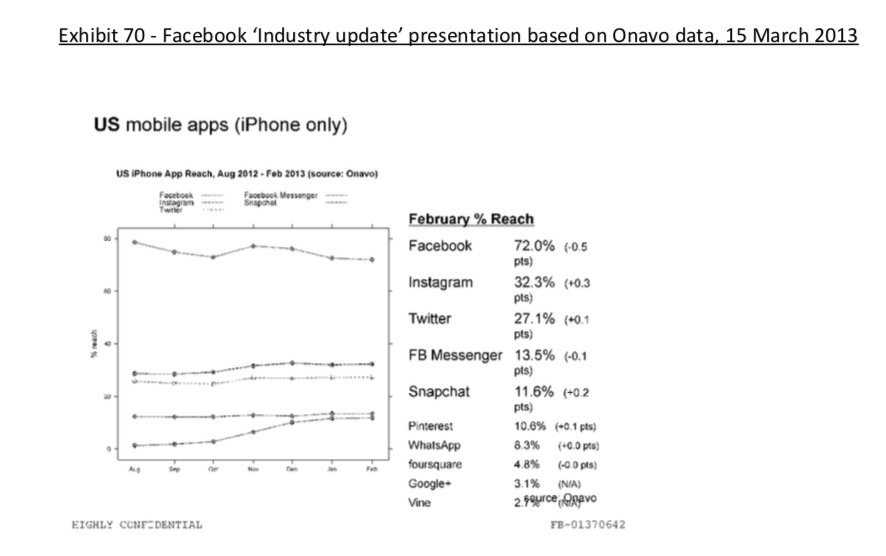When profits are high:
-Boost CAPEX with little regard for ROIC
-Competitors will follow suit to avoid losing market share
-CEO's incentives aren't aligned with shareholders
It's a race to the bottom.












1/ How to create an investment checklist (thread)
— Brian Feroldi (@BrianFeroldi) December 8, 2020
Checklists are an amazing, FREE, underutilized investing tool
Here's the step-by-step process for how to create your own
\u2b07\ufe0f\u2b07\ufe0f\u2b07\ufe0f\u2b07\ufe0f\u2b07\ufe0f\u2b07\ufe0f\u2b07\ufe0f\u2b07\ufe0f\u2b07\ufe0f
\U0001f9d0How to Read 10Ks Like a Hedge Fund\U0001f9d0
— Ming Zhao (@FabiusMercurius) May 7, 2021
\u201cFundamentals don\u2019t matter anymore!\u201d I\u2019ve heard this a lot lately on Fintwit.\U0001f644
But, for those who\u2019ve diversify beyond $GME and $DOGE, here\u2019s a primer on what metrics fundamental buy-side PMs look at and why:
(real examples outlined)
\U0001f447 pic.twitter.com/tLlNRvpnDK
1/
— 10-K Diver (@10kdiver) August 8, 2020
Get a cup of coffee.
In this thread, I'll show you how to do a DCF analysis.
For those unfamiliar, DCF = Discounted Cash Flow.

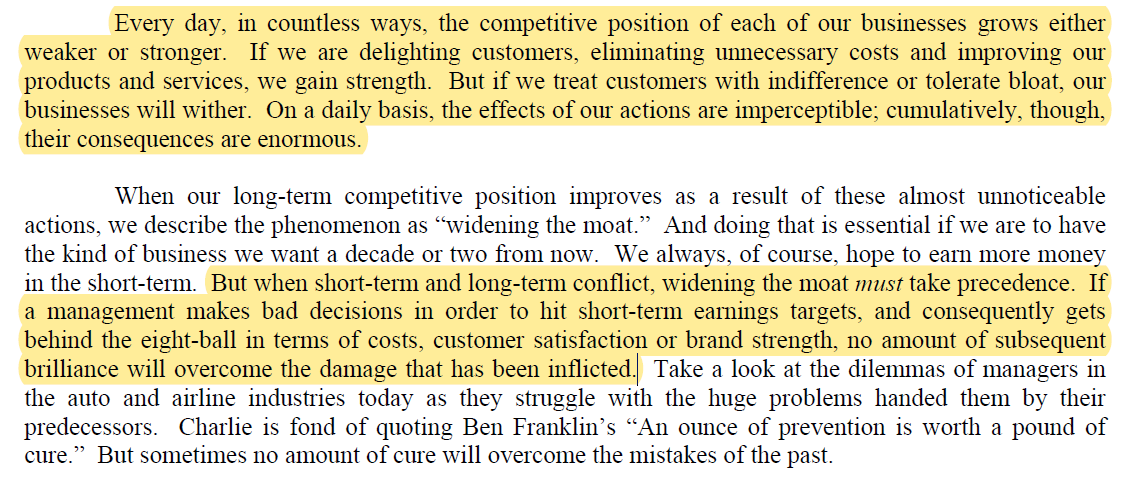
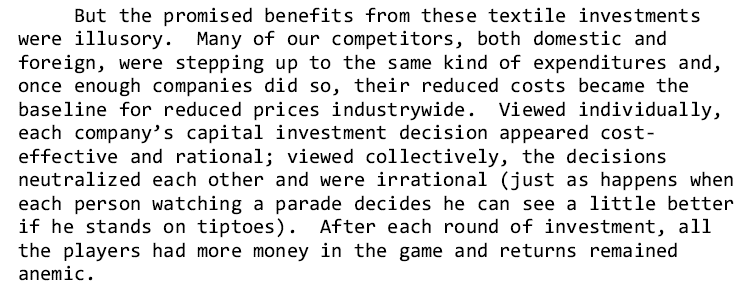
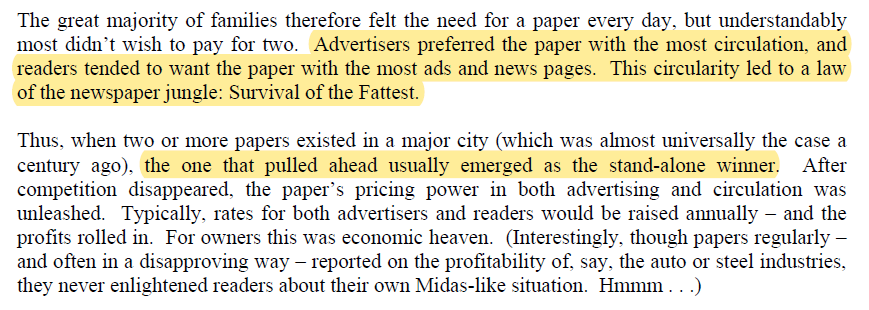

Imagine for a moment the most obscurantist, jargon-filled, po-mo article the politically correct academy might produce. Pure SJW nonsense. Got it? Chances are you're imagining something like the infamous "Feminist Glaciology" article from a few years back.https://t.co/NRaWNREBvR pic.twitter.com/qtSFBYY80S
— Jeffrey Sachs (@JeffreyASachs) October 13, 2018




